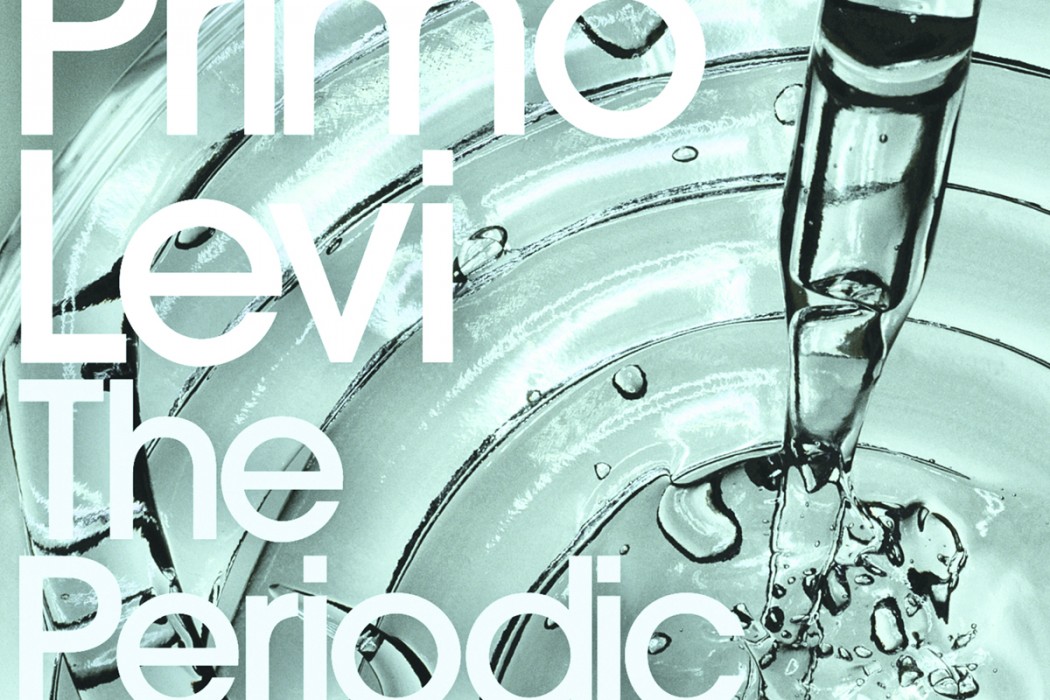‘When the spirits are low, when the day appears dark, when work becomes monotonous, when hope hardly seems worth having, just mount a bicycle and go out for a spin down the road, without thought on anything but the ride you are taking’.
Arthur Conan Doyle
‘If I can go by bike, I’ll go by bike’. Since I left my hometown of Genoa (a city of ups and downs) this has been my motto. Bologna, Milan, London: the bike has always been my friend, giving me my independence. I have lost count of the number I’ve owned. Many were stolen, others broken, one forgotten, some lent. I can say that now I am, finally, a more sensible owner. I couldn’t prevent something bad happening to my last-but-one bike though. It got run over by a bus whilst parked on the curb. One cryptic note was in its place, stating that it had been taken to the nearest police station following the incident. I replaced it again, and I now have a new love.
The word bike conjures up feelings of freedom, of rust and chains of rain and the fatigue and some novels spring to mind in which the bike is, often, a silent protagonist, and offers an opportunity for self-reflection.
And Agnese Chose to Die (Agnese va a morire) by Renata Viganò (1949).
And Agnese Chose to Die’ is a neo realist novel - translated into 14 languages - written by a partisan herself, Renata Viganò. A story of perseverance, courage, strength and ultimately of death.
Agnes, an almost illiterate middle-aged laundress, never becomes detached from her bicycle. Thanks to her bike she can go from one town to another - in the valleys of Comacchio, in the province of Ferrara - bringing food, news and weapons to the partisans in the eight months leading up to the liberation of Italy from the Nazis. She becomes a mother to all the men who are fighting for freedom and like many of them, ends up paying the ultimate price.
Bicycle Thieves (Ladri di Biciclette) by Luigi Bartolini (1946).
This is one of the masterpieces of Italian neorealism, based on a novel by Bartolini. In both the novel and the film, the bike is the protagonist. It is acquired and then dramatically stolen affecting lives in a way that goes beyond the simplicity of the bike itself. The bike takes on a symbolic meaning, like the city of Rome, recovering from the wounds sustained in the war. It’s a symbol of survival and also of despair. Amid the desolation and desperation of post-war Italy, it is the undying love between father and son which survives against the odds.
The Periodic Table (Il sistema periodico) by Primo Levi, (1975).
Cycling? An almost philosophical activity ‘because it engages yet allows ample time for other important reflections ’. Levi - famous for his holocaust account ‘If this is a man’ based upon his own experience - created a unique memoir, ‘ The Periodic Table’, where the bike is not just the only means of transport for a man in the years between the First and the Second World War, but a symbol of freedom, and sometimes a way to travel speedily and forget, at least a while- the horrors and fear of those times. ‘The Periodic Table’ is an ode to our rationality and humanism, against the madness of nazi-fascism, and against any form of irrational deconstructive thoughts. It is so contemporary in fact and as such, the best scientific book ever written according to the Royal Institution of Great Britain.
Deliver us (Libera nos a malo) by Luigi Meneghello (1963).
There are some great bike-racing scenes in this memoir, written by one of the great, and underrated, Italian authors of the 20th century. Malo is a small, provincial town in northeastern Italy, where Meneghello grew up in the 20s and 30s. As an adult, he wrote about his childhood when Italy was still a rural country under the influence of Fascism and the Church. In 1947 Meneghello left Italy to begin a one-year scholarship at the University of Reading. He remained in the UK for 50 years, teaching Italian Culture for more than two decades and founding an influential Italian Studies department, still very well-regarded today. Interestingly he used to call himself a ‘dispatriate’, refusing the term expatriate: he left his hometown with no remorse, and not just physically. In fact, his purpose was to embrace a new way of thinking of being, and so that he could create a new and different identity.




